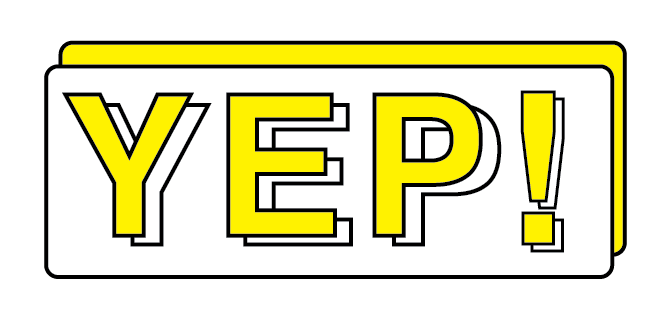The Problems we Seek to Address
Lack of Entrepreneurial Opportunities in Low Income Communities
The American Dream is the belief that anyone, regardless of where they were born or what class they were born into, can attain their own version of success in society. Yet, as income inequality began to rise in America during the 1980s, this vision has become less attainable.
Currently, the United States has the highest level of income inequality out of the G7 nations. Income inequality in America has caused many communities to fall deeper into poverty, while a small sector of communities have been able to harness a tremendous amount of wealth. To preserve the American dream, we must stimulate wealth and social mobility in under-resourced communities.
Entrepreneurship has been proven to directly improve a community's wealth and development levels. Yet, due to the information gap surrounding entrepreneurship in low-income communities, entrepreneurs from these communities are less prevalent and have a higher failure rate.
Strained Town-Gown Relations
The extreme imbalance of wealth in this nation is reflected in the resource discrepancy between elite universities and their surrounding communities. This imbalance has created a history of strained relations between many universities and the residents of the towns they are situated in.
Our Solution
YEP! is an entirely free entrepreneurship program for local high school students in college towns. The program is lead and facilitated by university students.
YEP! was founded in 2019 by three Brown University students: Audrey Shapiro, Lucia Winton, and Leah Lam to address strained town-gown relations and the lack of entrepreneurship opportunities in under-resourced communities. Our program has three missions:
YEP! aims to develop capable entrepreneurs who will grow the resources and wealth of their respective communities.
YEP! hopes to grow its participants' confidence.
YEP! strives to improve the relationship between universities and their local community.
Over the past three years, YEP! has worked with over 200 students from Providence, New Haven, and Berkeley. We are excited to be opening a chapter in Los Angeles and our first international program in Sydney, Australia this spring.
Our Curriculum
YEP! is a semester-long after school program that meets for two hours each week.
For the first hour of the program, students learn about a new entrepreneurial skill. These skills allow our students to develop a clear process for how to turn an idea into a venture. In order to ensure that students are receiving expert knowledge and growing their networks, YEP! typically brings in guest speakers to teach these skills. These guest speakers include entrepreneurs, professors, and student experts.
At YEP!, we believe that entrepreneurship must be learned by doing. For the second hour of the program, students work to apply this skill to an entrepreneurial endeavor they develop over the course of the program. YEP! culminates in a pitch night where students are able to pitch their venture to investors and entrepreneurs.
Our Impact
In order to ensure we are meeting our goals, data is at the heart of YEP!’s programming. Throughout all of our incubator programs, we continously take data on our students progress to analyze whether we are accomplishing our goals. Our most recent data analysis found that we are well on our way to accomplishing our three goals.
In terms of YEP!’s ability to produce capable entrepreneurs, the results of our study found that after the incubator:
83% of YEP! ‘s participants believed they had sufficient knowledge to start a venture despite having no prior exposure to entrepreneurship
83% of the participants interviewed have launched or are in the process of launching their own venture
YEP! also showed considerable gains in improving its students confidence
Every participant interviewed reported an improvement in confidence specifically in following areas: confidence in their ideas, ability to speak their minds, speak to professionals, follow their dreams, and be themselves.
In terms of YEP!’s ability to heal town-gown relations,
75% of our participants’ perception of their local university changed from unwelcoming to welcoming after the incubator.
Additionally, we found that YEP! not only changed our participants’ perception of their local university, but it also changed their perception of what they could achieve.
50% of the students interviewed decided to apply to more academically rigorous universities after YEP!
Our data has thus far shown that we are well on our way to achieving the goals we set out when we launched YEP! in 2019. We will continue this work to ensure we are giving our students the best program we can. To learn more about our research, please check out this recent article by Brown University’s Nelson Center of Entrepreneurship.
